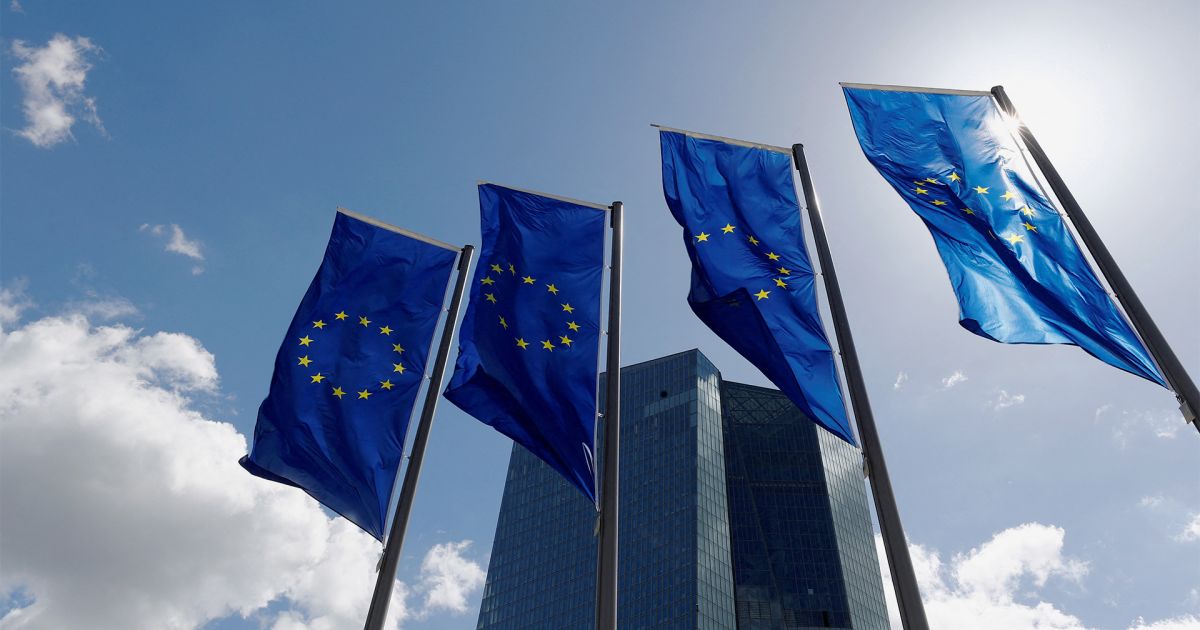It seems that European economies will not be able to cope with the repercussions of the Russian-Ukrainian crisis, while the cost of addressing it is expected to exceed the size of the European Union's GDP in 2022 (estimated at 175 billion euros).
In his report, published by the French magazine "Loops" a few days ago, the economist and researcher at the Bruegel Center, Jean Pisani-Ferry, analyzes how Russia's special military operation in Ukraine affects European economies in 10 points:
First
, Pisani Ferry says the Russian-Ukrainian crisis has widened the gap between supply and demand, a problem economies face due to rising energy prices.
Meanwhile, the European Central Bank cannot reconcile fighting inflation and supporting economic activity.
Providing support to low-income families justifies unconventional measures to reduce the inflationary impact of higher fuel prices, such as imposing taxes, suspending the marginal pricing methodology for electricity prices, and controlling prices.
Second
, the writer believes that freezing foreign exchange reserves is more effective than excluding Russian banks from the SWIFT system, which targets less than half of the banking system.
But Russia's continued export of oil and gas at current prices will help it re-establish its assets.
This means that targeting Russian reserves will not have the desired effect if cash flows from export earnings are not affected.
Third
: With regard to gas, which requires infrastructure to be exported, the author pointed out that both the European Union and Russia possess means of economic pressure.
While the EU can easily diversify its imports, Russia has difficulty diversifying its exports.
Fourth:
The European Union must prepare to reduce the volume of its imports of Russian gas by delaying the closure of power plants and reducing domestic consumption on the one hand, and regulating alternative supplies, storage and transportation, on the other.
The European Union countries should also coordinate with each other and announce a broad initiative to gradually reduce Russian gas imports.
The success of this initiative depends on strong public support and concerted efforts of European countries, especially that this step will cost Europe about 75 billion euros for the current year.
Fifth
, there is a need in the long run to rethink the architecture of the European energy system, which is based on giving preference to domestic institutions, which does not serve efficiency and collective security.
It is necessary to send investments in the field of interconnection, as well as to develop plans to confront crises.
Sixth
: The writer mentioned that the influx of Ukrainian refugees towards Europe does not represent a problem in the medium term, given the possibility of their rapid integration into the labor market if they choose not to return to Ukraine.
But in the short term, the cost of accepting these refugees could be as much as 30 billion euros for the European Union in 2022 alone.
In the short term, the cost of receiving these refugees could be as much as 30 billion euros for the European Union in 2022 alone
Seventh
: After Germany announced the increase in the defense budget, the writer expects that other countries will take a similar step.
In general, the amount of additional expenditure incurred by such a step by the European Union is estimated at about 20 billion euros in the short term and at least 70 billion euros in the medium term.
Eighth
: As a result of the adoption of these measures, the budget cost may exceed the size of the GDP in the European Union in 2022 (estimated at about 175 billion euros), distributed between national budgets and co-financing;
Forcing the European Union to delay deactivation of the exemption clause from the Stability Pact.
Ninth:
In the medium term, green investment is added to the additional investment in expenditures, which complicates the rebalancing of public finances, at a time when markets are witnessing instability and concerns about solvency risks.
Tenth
: In light of the current crisis, the European Union is committed to supplying European public goods.
However, it is necessary to prepare a new budget and a new mechanism inspired by what is known as the EU's Next Generation Plan.

